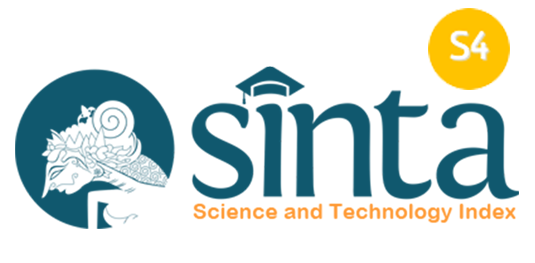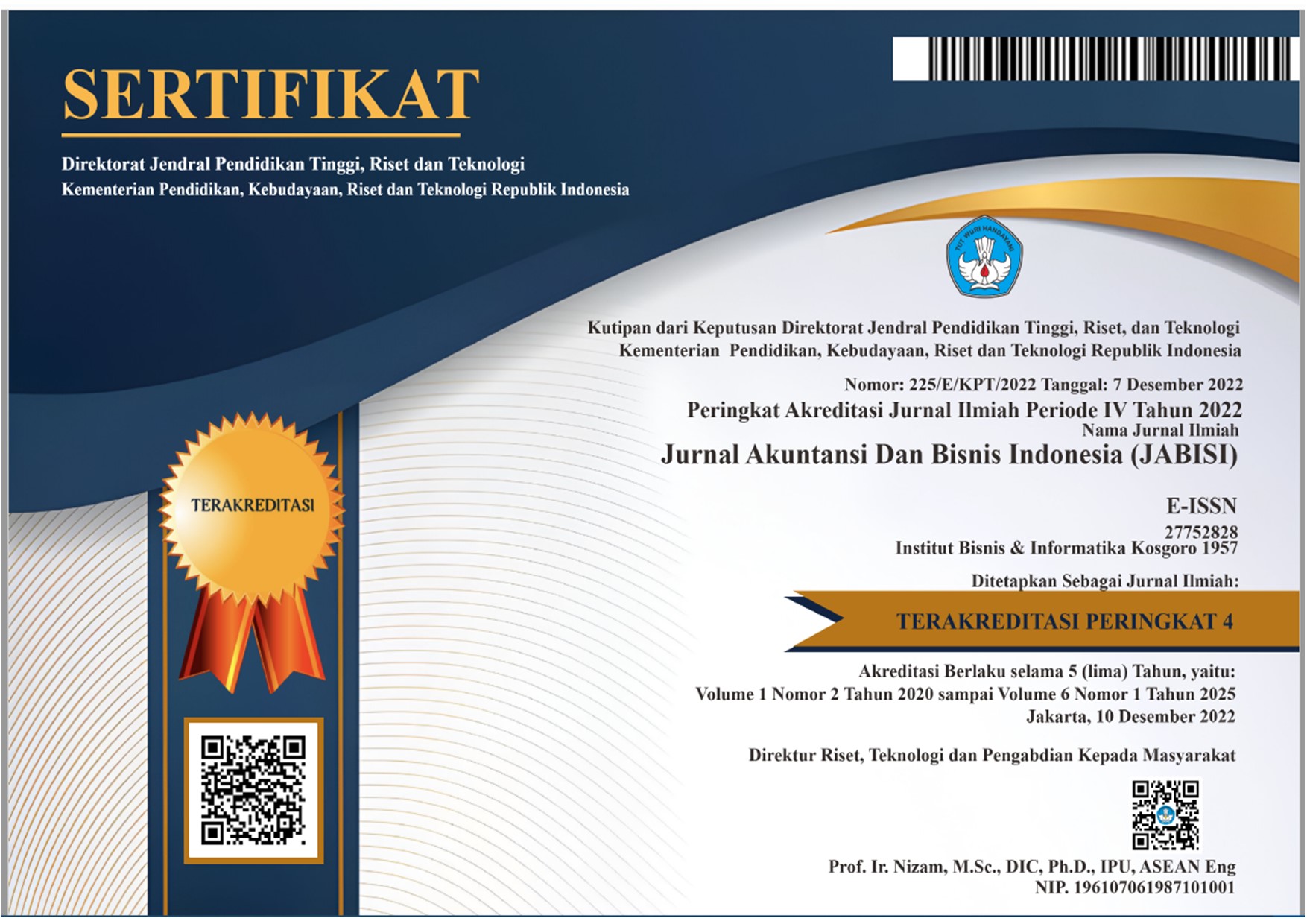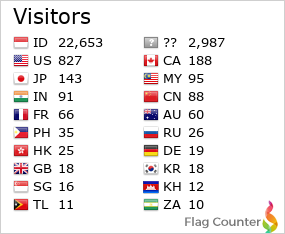THE IMPORTANCE OF PRESENTING COOPERATIVE FINANCIAL REPORTS TO CREATE GOOD COOPERATIVE GOVERNANCE: INDONESIA CASE
DOI:
https://doi.org/10.55122/jabisi.v5i1.1258Keywords:
Cooperative Financial Reports, Good Cooperative Governance, SAK ETAPAbstract
The presence of cooperatives in the Indonesian economic system is a valuable place. Article 33 of the Constitution of the Republic of Indonesia states that cooperatives are used as a foundation to support the country's economy. This is reinforced by Law Number 25 of 1992 concerning Cooperatives of the Republic of Indonesia which states that cooperatives are national economic business entities based on the principle of kinship. Indonesian cooperatives are built based on basic principles: membership is voluntary, democratically managed, independent, and services are provided in accordance with the capital contribution paid by members. The effectiveness of cooperatives is measured by the ability to carry out good cooperative management. One dimension of good cooperative governance is transparency, which is characterized by the cooperative's ability to present its financial reports fairly. The purpose of this research is to assess the ability of cooperatives to present financial reports fairly in accordance with the Indonesian Public Entity Accounting Standards (SAK ETAP). The research method used in this research is qualitative research. The number of cooperatives used as the unit of analysis in this research consists of two multi-purpose cooperatives, two savings and loan cooperatives (credit cooperatives) and one service cooperative. A total of five cooperatives are used as units of analysis. Location of all cooperatives in the DKI Jakarta area. The data collection technique used by researchers is in-depth interviews. The data analysis model used by the author is Miles and Huberman's interactive analysis. Based on the results of this research, most cooperatives prepare year-end annual reports. Only two cooperatives provide complete financial reports. Of the five cooperatives, only two cooperatives are fully implemented by SAK ETAP. The reason cooperatives are not guided by SAK ETAP is because of the limited scientific abilities of employees and carelessness of management in preparing financial reports based on SAK ETAP. The government is expected to be more active in training and developing cooperatives so that they are able to prepare economic reports fairly and completely based on SAK ETAP.
References
Afrizal (2017). Metode Penelitian Kualitatif: Sebuah Upaya Mendukung Penggunaan Penelitian Kualitatif dalam Berbagai Disiplin Ilmu. Penerbit Erlangga. Jakarta.
Chakrabarty, B., Seetharaman, A., Swanson, Z., Wang, X. (2018). Management Risk Incentives and the Readability of Corporate Disclosures. Financial Management, 47(3), 583-616. https:// doi.org/10.1111/fima.12202
Eshagniya, A., Salehi, M. (2017) The impact of financial restatement on auditor changes: Iranian evidence. Asia Pacific Journal of Innovation and Entrepreneurship Vol. 11 No. 3, 2017 pp. 366-390 Emerald Publishing Limited 2071-1395 DOI 10.1108/APJIE-12-2017-039.
Evandini. C., Darsono. (2014). Faktor yang berpengaruh terhadap pengungkapan tanggungjawab social perusahaan pada perusahaan manufaktur yang terdaftar di BEI. Diponegoro Journal of Accounting. Volume 3, Nomor 3, Tahun 2014, Halaman 1-11 http://ejournal-s1.undip.ac.id/index.php/accounting ISSN (Online): 2337-3806
Fusco.F., & Migliaccio.G. (2017). Crisis, Sectoral and geographical factors: financial dynamics of Italian cooperatives. Euromed Journal of Businesshttps://doi.org/10.1108/ EMJB-02-2016-0002 Permanent link to this document: https://doi.org/10.1108/EMJB-02-2016-0002
Haliah, Nirwana (2008). The development of good governance model for performance improvement. International Journal of Excellence in Government Vol. 1 No. 1, 2019 pp. 21-36 Emerald Publishing Limited 2516-4384 DOI 10.1108/IJEG-09-2018-0004.
Herawati,N., Auliyah.R., Agutina,S.B., (2014). Marajut benag merah kesadaran pelaku usaha mikro dan kecil terhadap penyusunan laporan keuangan dalam mengakses kredit danabergulir. Fakultas Ekonomi Universitas Trunojoyo Madura.
Ikatan Akuntan Indonesia (2016). Standar akuntansi entitas tanpa akuntabilitas public. IAI.
Indonesia, P.R. Undang-undang Nomor 25 Tahun 1992 tentang Koperasi,
Kaawase K.T., Nairuba.C., Bananuka. J. (2020). Corporate governance, internal audit quality and financial reporting quality of financial institutions. Asian Journal of Accounting Research Vol. 6 No. 3, 2021 pp. 348-366 Emerald Publishing Limited 2443-4175 DOI 10.1108/AJAR-11-2020-0117.
Masngudi (2010). Penelitian tentang sejarah Perkembangan Koperasi di Indonesia. Balitbang Kementerian Koperasi dan UKM.
Masschuraini, Oman, dkk. 2014. Studi Fenomenologi Peran Laporan Keuangan Dalam Memfasilitasi Kredit Usaha Rakyat (Kur). FEB Universitas Jendral Soedirman
Muldjono, D. (2021). Buku Pintar Koperasi Strategi Simpan Pinjam, Edisi Satu Yogyakarta: Andi Offset.
Natadjaja, P., Raihanto, M.F., Ladzuardi. T.K., (2020) Tinjauan Implementasi Prinsip Koperasi Pada Klub Sepak Bola Indonesia. Fair Value Jurnal ilmiah akuntansi dan keuangan volume 2, nomor 2 P-ISSN 2622-2191, E-ISSN 2622-2205.
Nugrahani, R (2014). Metode Penelitian Kualitatif dalam penelitian dan pendidikan Bahasa. http://digilibfkip.univetbantara.ac.id/
Nuvitasari, A., Citra,N., Martiana, N. (2019). Implementasi SAK EMKM Sebagai Dasar Penyusunan Laporan Keuangan Usaha Mikro Kecil dan Menengah (UMKM). International Journal of Social Science and Business. Volume 3, Number 3, Tahun 2019, pp. 341-347.
Peraturan Menteri Koperasi dan Usaha Kecil dan Menengah RI nomor 15/Per/M.KUKM/IX/2015 tentang Usaha Simpan Pinjam oleh Koperasi.
Shodiq. M.J. (2015). Arah Riset Kontinjensi dalam Akuntansi Keprilakuan: Suatu Mini-Review. Jurnal Akuntansi Indonesia.
Silvan, A. (2019). Financial Statement Ratio Analysis to Predict Bankruptcy in Company Registered in BEI. Hasanuddin Economics and business Review.
Stoop. E., Brandsen. T., Helderman, J.K. (2020) The impact of the cooperative structure on organizational social capital. Social Enterprise Journal Vol. 17 No. 4, 2021 pp. 548-565 Emerald Publishing Limited 1750-8614 DOI 10.1108/SEJ-08-2020-006.
Sugiyono. (2012). Metode Penelitian Kuantitatif, Kualitatif, dan R&D. Bandung:Alfabeta
Undang- undang Dasar Negara Republik Idonesia Tahun 1945.
Undang-undang Republik Indonesia Nomor 25 tahun 1992, tentang Perkoperasian








